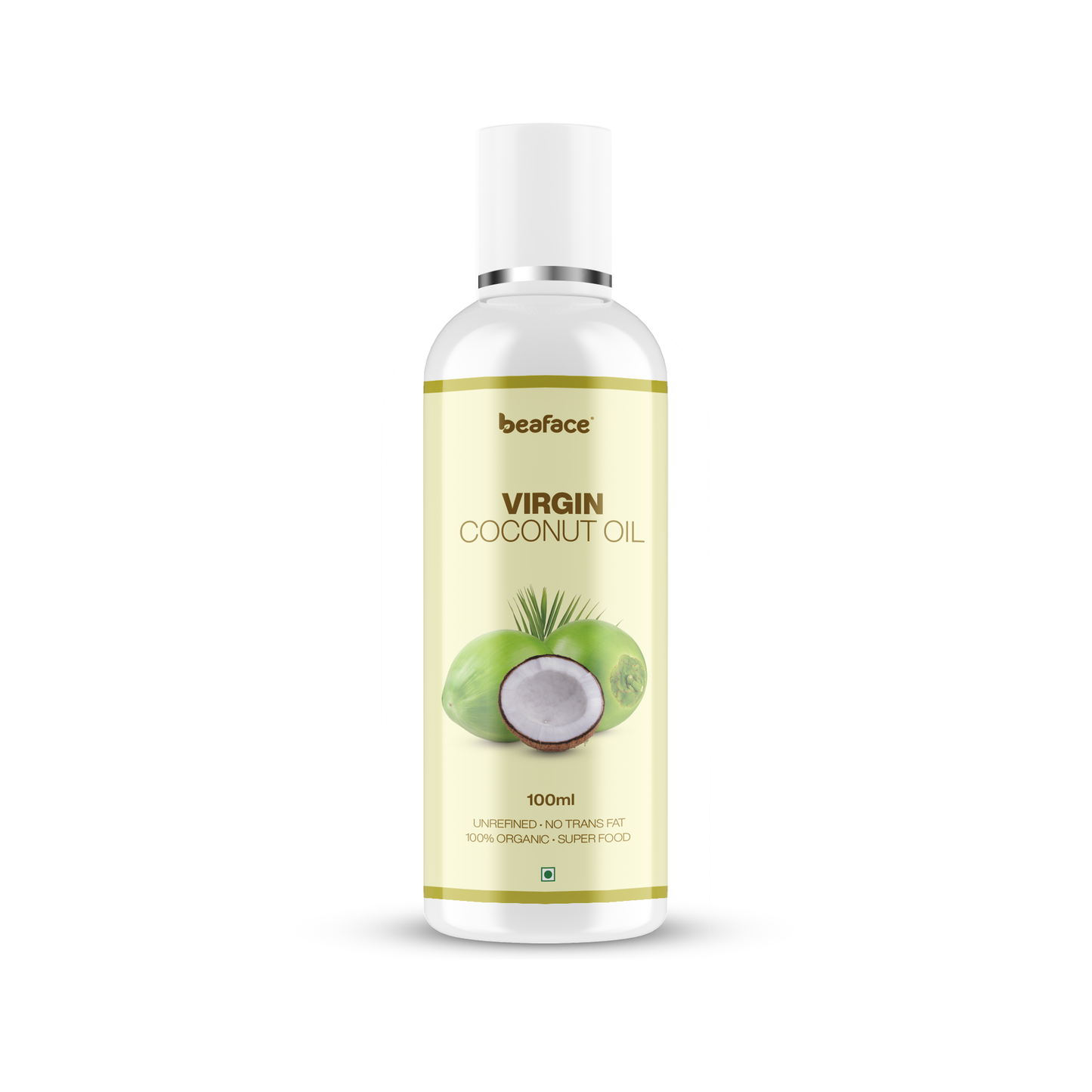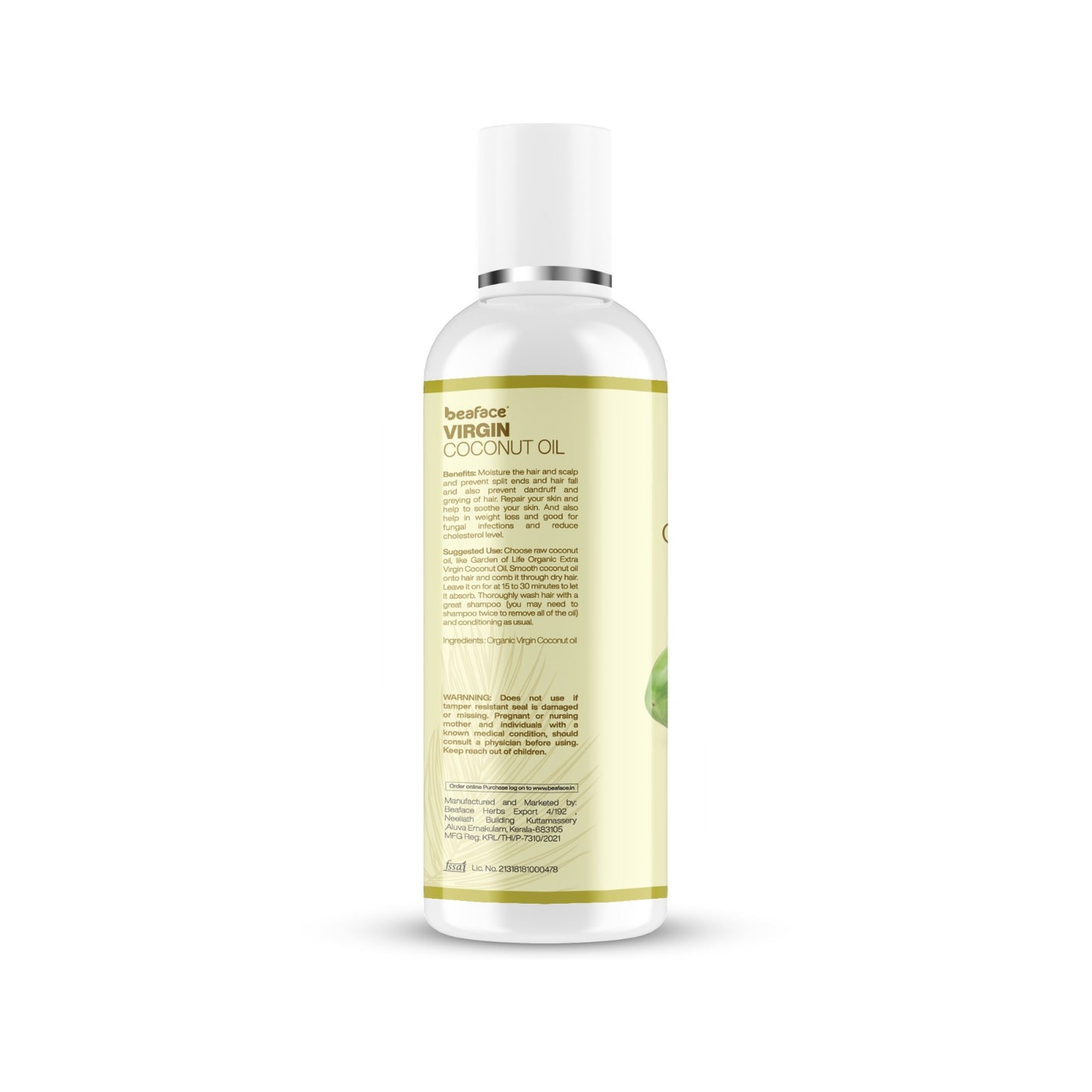My Store
Virgin-coconut-oil-acne-prone-skin-clogged-pores-acne
Virgin-coconut-oil-acne-prone-skin-clogged-pores-acne
Couldn't load pickup availability
Applying virgin coconut oil on your face overnight can lead to clogged pores, acne breakouts, especially if you have oily skin, as coconut oil is considered comedogenic (pore-clogging); other potential side effects include allergic reactions, irritation, and in some cases, the appearance of milia (tiny white bumps) due to excessive oil build-up on the skin.
Key points about coconut oil on the face:
Clogged pores and acne:
The primary concern with using coconut oil on the face, particularly overnight, is its potential to clog pores and trigger acne breakouts, especially for those with oily or acne-prone skin.
Not suitable for all skin types:
While coconut oil can be beneficial for very dry skin, it's not recommended for people with oily or acne-prone skin due to its comedogenic nature.
Allergic reactions:
Some individuals might experience allergic reactions to coconut oil, causing redness, itching, or rashes.
Milia formation:
In some cases, using too much coconut oil can lead to the formation of milia, small white bumps under the skin, often appearing around the eye area.
What to do before using coconut oil on your face:
Patch test:
Always perform a patch test on a small area of your skin before applying coconut oil to your entire face to check for any adverse reactions.
Consult a dermatologist:
If you have concerns about using coconut oil on your face, especially if you have sensitive or acne-prone skin, consult a dermatologist for personalized advice.
Alternatives for oily skin:
Non-comedogenic oils:
If you want to use a facial oil, opt for oils labeled as "non-comedogenic" like jojoba oil, argan oil, or rosehip oil.
Lightweight moisturizers:
Choose a lightweight, water-based moisturizer suitable for oily skin types.
Share



